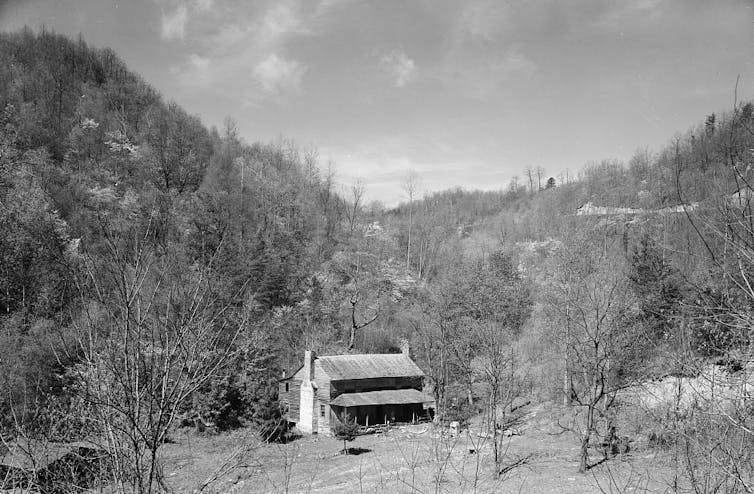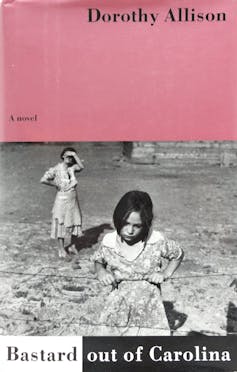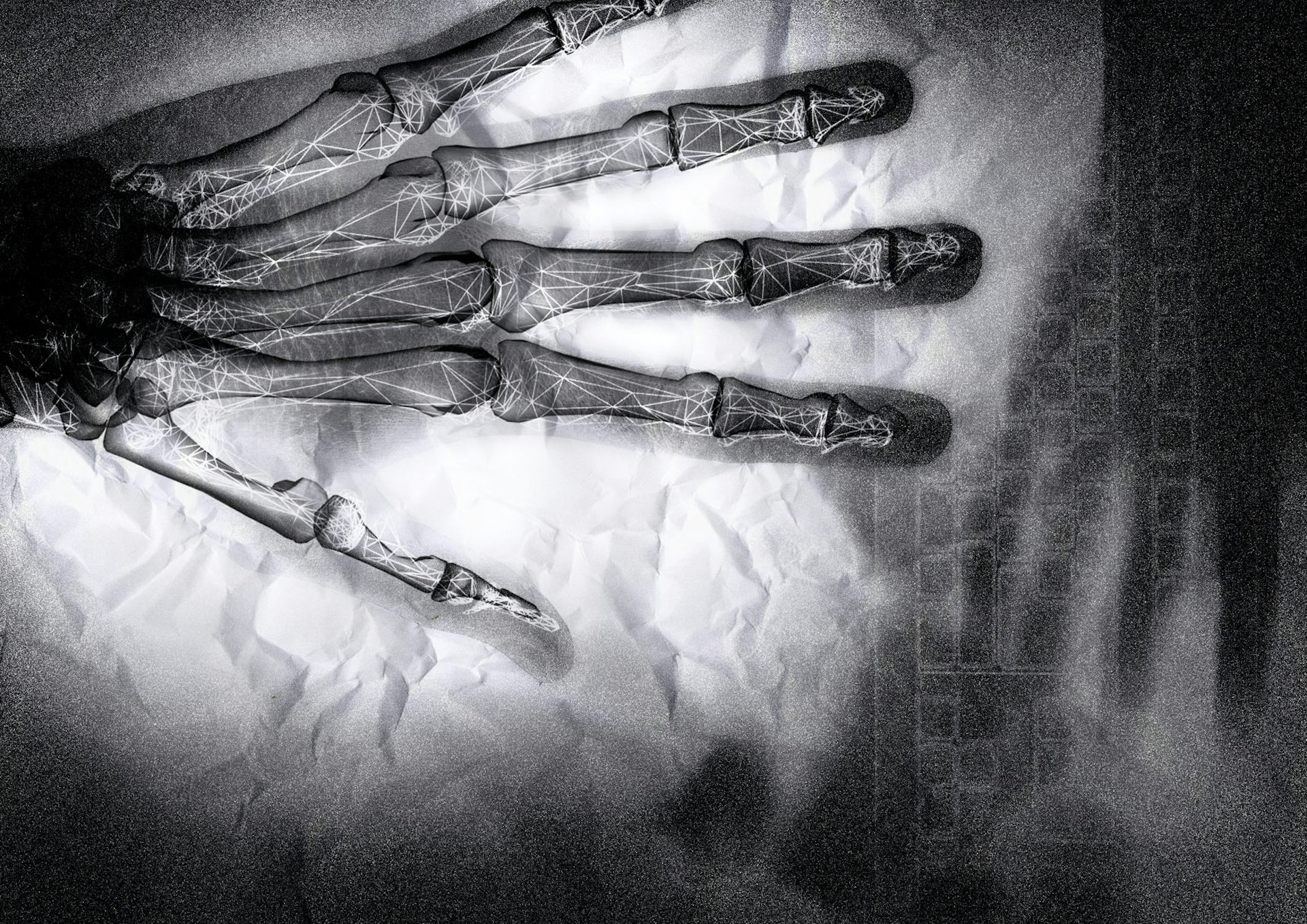Dorothy Allison was an authentic voice for the poor, capturing the beauty, humor and pain of working
Even though her most famous work, ‘Bastard out of Carolina,’ deals with physical and sexual abuse, this merely constitutes one element of a broader emotional and physical landscape.

Dorothy Allison, who died on Nov. 5, 2024, published her first novel, “Bastard Out of Carolina,” in 1992, when she was 42 years old.
She mined her own life to craft the semi-autobiographical work, which became a finalist for the National Book Award.
Growing up poor in Greenville, South Carolina, Allison endured abuse of all kinds before becoming the first in her family to finish high school and college. As a lesbian, she faced additional challenges and hurdles. Before she achieved literary fame with her first novel, Allison ran a feminist bookstore and a women’s center. She was broke when she finally sold “Bastard Out of Carolina.”
To me, Allison is a shining exception in a long line of authors who have attempted to write about poverty but fail to accurately capture it.
In my book “Poor Things: How Those with Money Depict Those without It,” I detail the genre of what I call “poornography” – stories written about poor people by people who don’t have firsthand experience being poor themselves.
Most readers are probably familiar with the standard tropes in these works: violence, sexual abuse, addiction, filth and degradation. Allison was decidedly not in that camp.
She broke that mold by finding beauty in her impoverished surroundings and focusing on love, humor and family bonds.
Beauty in a hopeless place
Even though “Bastard out of Carolina” ultimately deals with physical and sexual abuse – which, of course, is not confined to poor people – this merely constitutes one element of a broader emotional and physical landscape.
Allison’s hometown of Greenville is also the setting of the novel – and it’s a place that the novel’s young narrator, Bone, describes as “the most beautiful place in the world.” She adds:
“Black walnut trees dropped their green-black fuzzy bulbs on Aunt Ruth’s matted lawn, past where their knotty roots rose up out of the ground like the elbows and knees of dirty children suntanned dark and covered with scars. Weeping willows marched across the yard, following every wandering stream and ditch, their long whiplike fronds making rents that sheltered sweet-smelling beds of clover.”
Extreme hunger, however, is unique to poverty, and something that poor writers often recall with a kind of vividness that can escape middle-class or wealthy writers.
“Hunger makes you restless,” Allison writes. “You dream about food, magical meals, famous and awe-inspiring, the one piece of meat, the exact taste of buttery corn, tomatoes so ripe they split and sweeten the air, beans so crisp they snap between the teeth, gravy like mother’s milk singing to your bloodstream.”
In “Bastard out of Carolina,” Allison doesn’t celebrate hunger. But she is able to find humor in it and show how laughter can be used as a coping mechanism.
In the novel, when Bone complains about being hungry, her mother recounts her own childhood: Back then, there was “real hunger, hunger of days with no expectation that there would ever be biscuits again.” And during those times she and her siblings would concoct fantastical stories of strange dishes: “Your aunt Ruth always talked about frogs’ tongues with dew berries. … But Raylene won the prize with her recipe for sugar-glazed turtle meat with poison greens and hot piss dressing.”
Humor isn’t used to gloss over the seriousness of poverty. Yet Allison is keen to point out that both can exist: They are all wrapped up in a life lived.

American delusion
I can’t help but compare Allison’s work with that of an author like JD Vance. In his 2016 memoir, “Hillbilly Elegy,” Vance revels in his grandmother’s anger and violence as a sign of her vibrant hillbilly-ness.
On the other hand, in “Bastard out of Carolina,” Bone recalls her mother saying flatly, “Nothing to be proud of in shooting at people for looking at you wrong.”
So many other writers about poverty have characters who pine for the material comforts promised by the American Dream, whether it’s Clyde Griffiths in Theodore Dreiser’s “An American Tragedy” or George and Lennie in John Steinbeck’s “Of Mice and Men.”

Allison’s characters, on the other hand, learn to see through this false promise. In one scene, Bone and her cousin break into the local Woolworth’s.
Previously, she had longingly eyed a brimming glass case of nuts. But once she shatters the display case, she realizes “that the case was a sham. There hadn’t been more than two inches of nuts pressed against the glass front, propped up with cardboard.” Her reaction: “Cheap sons of bitches.”
In a display of class consciousness, Bone eventually detects the false allure of cheap commodities. “I looked … at all the things on display. Junk everywhere: shoes that went to pieces in the rain, clothes that separated at the seams, stale candy, makeup that made your skin break out.”
In contrast, she thinks of the value of the home-canned goods made by her aunt. “That was worth something. All this stuff seemed tawdry and useless.”
‘Jealous of you for what you got’
At one point, Bone articulates the concept of poornography without using that term. She talks about “the mythology” that plagues poor people:
“People from families like mine – southern working poor with high rates of illegitimacy and all too many relatives who have spent time in jail – we are the people who are seen as the class that does not care for their children, for whom rape and abuse and violence are the norm. That such assumptions are false, that the rich are just as likely to abuse their children as the poor, and that southerners do not have a monopoly on either violence or illegitimacy are realities that are difficult to get people to recognize.”
In “Bastard out of Carolina,” Bone resents the rich rather than admiring them. In a conversation with one of her aunts, she says she “hates” them. Interestingly, her aunt provides the poor person’s counterpoint to hate.
“Could be they’re looking at you sitting up here eating blackberries … could be they’re jealous of you for what you got, afraid of what you would do if they stepped in the yard.”
Allison shows readers how class resentment can go both ways, and how for all of the contempt directed at poor people from the rich and powerful, there may also be an element of envy and fear at play.
Lennard J. Davis does not work for, consult, own shares in or receive funding from any company or organization that would benefit from this article, and has disclosed no relevant affiliations beyond their academic appointment.
Read These Next
Taboo tics like shouting curses and slurs are uncommon in Tourette syndrome − but people who have th
Obscene language tics, called coprolalia, don’t reveal what people with Tourette’s think and feel.…
Why does pain last longer for women? Immune cells may be the culprit
Your immune systems kicks into gear when you’re injured, both worsening and relieving pain.
Artists and writers are often hesitant to disclose they’ve collaborated with AI – and those fears ma
Whether they’re famous composers or first-year art students, creators experience reputational costs…






